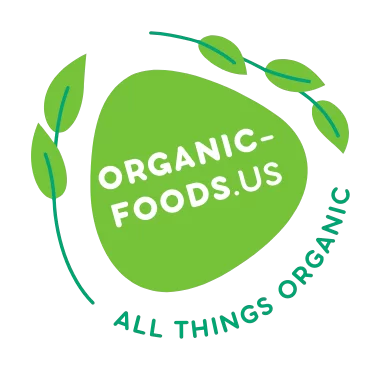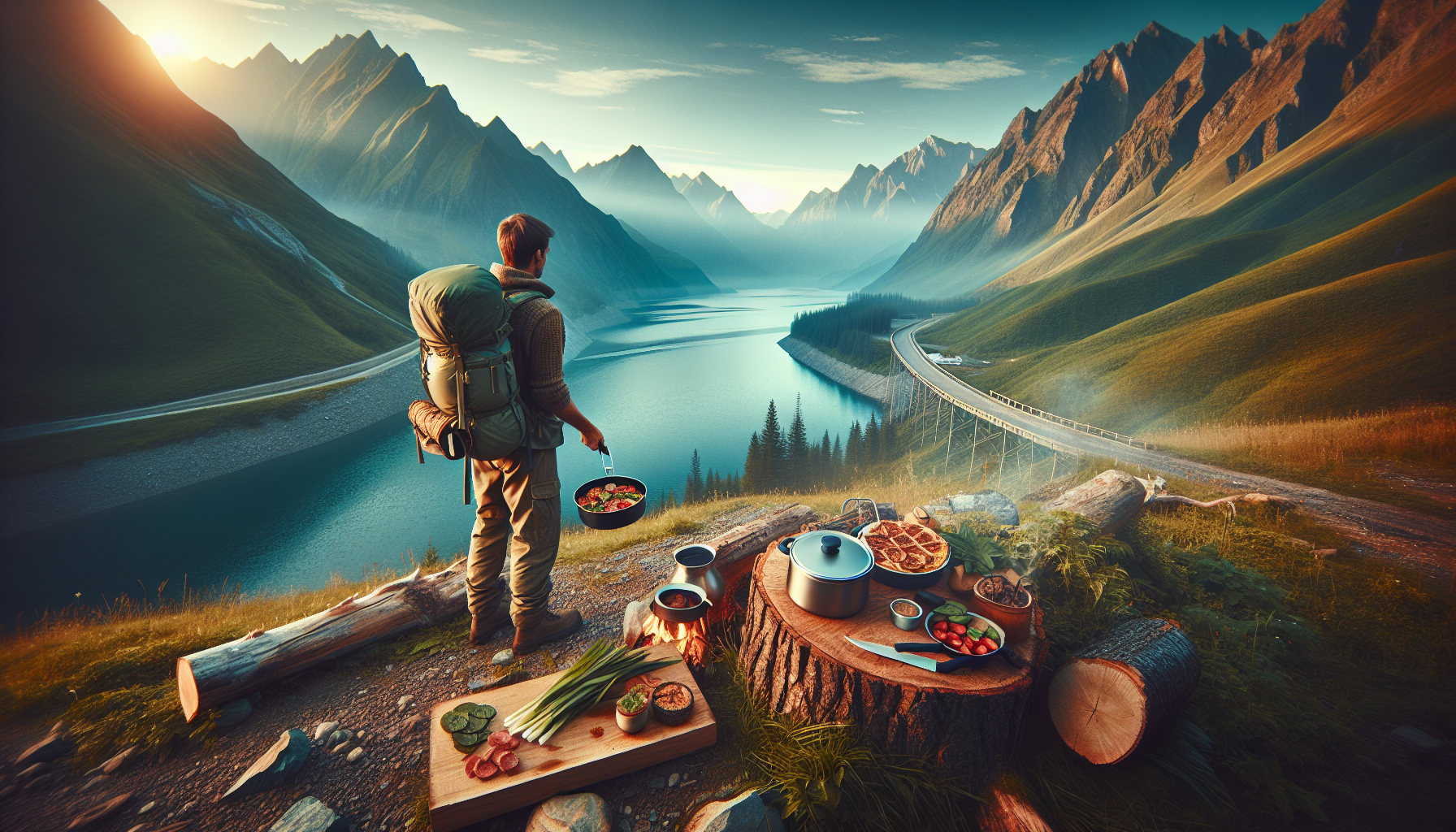Organic Meal Prep for Camping Adventures
Embracing the Outdoors with Organic Meals
There’s something truly special about camping; the fresh air, the serene landscapes, and the joy of disconnecting from the hustle and bustle of daily life. But what can elevate your camping experience even further? The answer lies in the food you bring along. Organic meal prep for camping adventures not only ensures that you’re fueling your body with nutritious, chemical-free foods but also enhances your connection with nature. Let’s dive into how you can master the art of preparing organic meals for your next outdoor escapade.
Why Choose Organic?
Organic foods are grown without synthetic pesticides, fertilizers, or GMOs, which means they’re better for your health and the environment. When you’re camping, surrounded by nature, it only makes sense to minimize your ecological footprint by choosing organic. Not only do these foods taste better, but they also keep you feeling energized and healthy, which is crucial for tackling those hiking trails and setting up camp. A study on organic food consumption highlights the benefits of organic diets, showing a reduction in pesticide exposure and a potential increase in nutrient intake.
Planning Your Organic Camping Menu
The key to successful organic meal prep for camping is planning. Start by considering the duration of your trip and the number of people you’re cooking for. Think about the types of meals you want to have—breakfast, lunch, dinner, and snacks—and then list out the organic ingredients you’ll need. Here’s a simple table to help you organize your meal plan:
Remember, the goal is to keep things simple yet nutritious. Choose ingredients that are easy to transport and cook with minimal equipment.
Packing and Storage Tips
Proper packing and storage are crucial for maintaining the quality of your organic meals. Use reusable containers to minimize waste and keep your food fresh. For perishable items, consider using a cooler with ice packs to keep them at the right temperature. If you’re backpacking, opt for dehydrated or freeze-dried organic meals that are lightweight and easy to prepare with just boiling water. A great resource for packing tips can be found at REI’s guide to camping food, which offers insights on how to pack efficiently for any camping trip.
Cooking in the Great Outdoors
When it comes to cooking your organic meals, simplicity is key. A portable camping stove or a campfire can be your kitchen for the weekend. For breakfast, try making overnight oats by soaking oats, berries, and nuts in almond milk in a jar the night before. For lunch, a quinoa and black bean salad can be prepped at home and enjoyed cold or warmed up on the stove. Dinner could be as simple as roasting sweet potatoes and sautéing kale with garlic and olive oil. And for snacks, think of easy-to-pack items like carrots with hummus or apples with almond butter.
Remember, the joy of camping is also about the experience of cooking in nature. Take your time, enjoy the process, and savor the flavors of your organic meals under the open sky.
Environmental Considerations
While preparing and enjoying your organic meals, it’s important to keep environmental sustainability in mind. Always pack out what you pack in, including food waste. Use biodegradable or compostable products when possible, and minimize your use of single-use plastics. By choosing organic, you’re already taking a step towards sustainability, but these additional practices can further reduce your impact on the environment. For more tips on eco-friendly camping, check out National Geographic’s guide to eco-friendly camping.
Conclusion
Organic meal prep for camping adventures is more than just a way to eat healthily while enjoying the great outdoors; it’s a way to deepen your connection with nature and enhance your overall camping experience. By planning ahead, choosing the right ingredients, and cooking with care, you can enjoy delicious, nourishing meals that not only fuel your body but also respect the environment. So, the next time you head out into the wilderness, remember to pack your organic meals and savor every bite under the stars.

